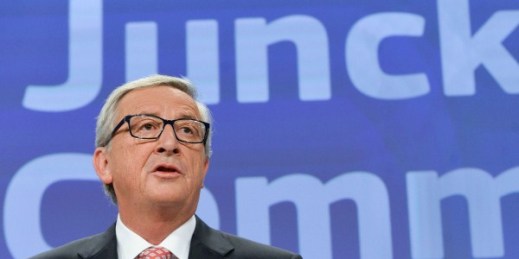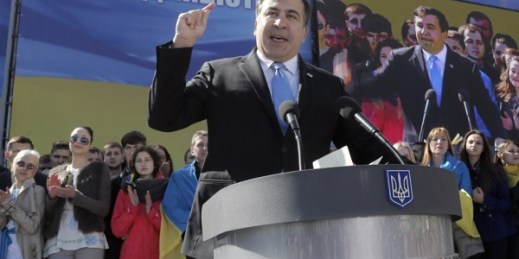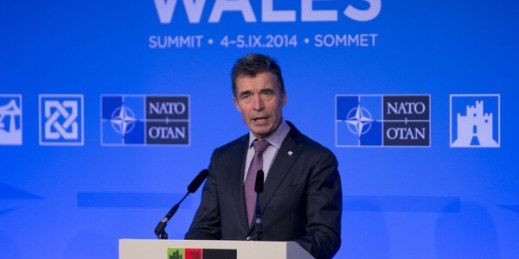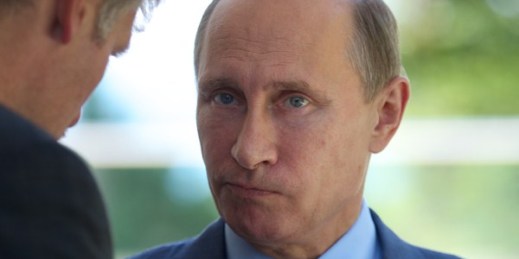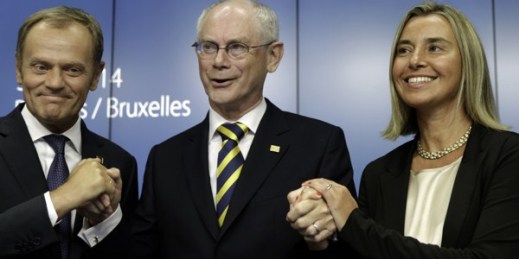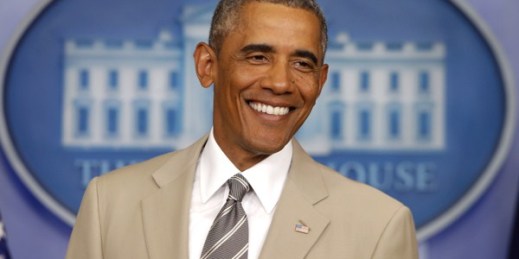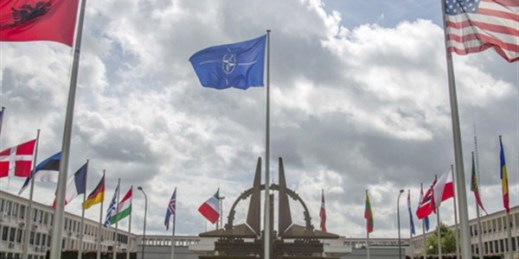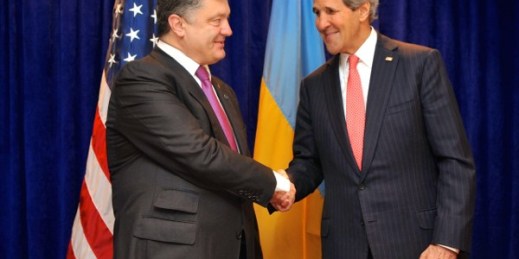
Before it recessed to focus on the midterm election campaign, the Senate Foreign Relations Committee voted on draft legislation that would recognize Ukraine, Georgia and Moldova as “non-NATO allies” of the United States. Indeed, Ukrainian President Petro Poroshenko’s government had made such a request of Washington earlier this summer, although U.S. President Barack Obama’s administration declined to act on this matter, much to the disappointment of some Ukrainians and their supporters in Congress. Assuming that the legislation passes the full Senate and is also adopted by the House, it is highly unlikely that Obama would risk a veto of the […]

